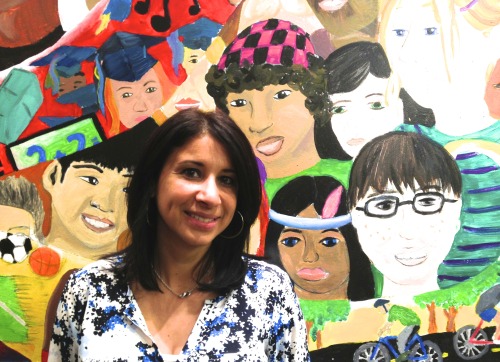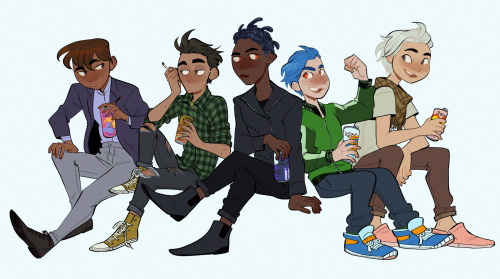Song Heng was born on July 7, 1957 in Thailand but grew up in Cambodia. His last name, translated as lucky, is fitting for his journey to where he is now.
As a young child Song’s life revolved around school and music. His father, a traditional Cambodian music master, pushed Song to the limit, forcing him to dislike music. Song’s routine became very mundane and very demanding. From very early in the morning, 7 am, until noon, Song went to school. After he came home, he studied, practiced playing Cambodian traditional music, went to the temple to pray, came back and played some more music. Song never liked music as a young child and he only did it out of respect his father.
In 1970, at the age of 13, Song became a soldier for the Cambodian government because the Khmer Rouge Communist Party was attempting to take over. In 1975, Cambodia fell to the communist forces despite government efforts. Song’s life would drastically change soon after.
The Khmer Rouge Communist Party forced a new way of life through violence and aggression. The Cambodian people were forced to perform agricultural works and Song was enslaved to work on a farm for three years. He lived in a prison-like state, fearing for his life with barely any food and no medical care. Approximately three million Cambodians were killed from 1975 to 1979 as a result of the regime. After meticulous consideration Song decided to escape and made his way to the Khao I Dang refugee camp in Thailand. Song recalls:
“I was really skinny, and I walked day and night. I had one bag of rice. I knew that I would die if I stayed in Cambodia. [If I left Cambodia] I might [also] die, but [there was also the chance that] if I [was] lucky enough I would get through. So I walked little by little. I am very lucky.”
He escaped through the Vietnam border with his girlfriend, making sure not to step on any of the abundant landmines. He witnessed terrible things: families abandoning their crying babies because the Border Patrol wouldn’t let them through and people becoming savages towards each other. In Thailand, he encountered a United Nations bus that led him to the refugee camp, and then he went to another refugee camp in the Philippines where he attended English classes and learned the art of jewelry making.
In 1985, Song Heng and his girlfriend were finally able to be resettled to the United States as refugees, stopping first at San Francisco then transferring flights to Rhode Island, the place he now calls home.
Song was ecstatic to come to the United States. He arrived on a snowy day in February and was surprised by the cold weather. Although he is still not used to the cold weather, Song is proud to be standing on American soil. He says,
“Since I was young I always thought America was a paradise that was very rich. I [wished to] be in America but I never expected it because only the very rich people could come to the Unites States. So [it] is very, very fortunate that I [was able to come] as a refugee and the American government and the people … that welcomed me. Just like I’m born again. That’s how I feel.”
Soon after arriving to the United States, Song continued his jewelry-making studies at a jewelry school and applied for jobs. When he came to Rhode Island the steel business was booming, another reason he felt very lucky. For nine years, he worked for jewelry companies. Today, he has his own jewelry business and lives in Cranston, Rhode Island with the family he formed with his beloved girlfriend.
Regretting the fact that he never valued his father’s teaching of music as a young child, Song now greatly appreciates Cambodian music and playing music brings back good memories for him. In his free time, he enjoys playing music, and teaches people how to play. In fact, Song travels around the United States to perform. Song gives back to his community as much as possible.
“When we come, we come with nothing. When we go, we only go with one [shirt] and one [pair of pants] so not much counts. Whatever you can give away, give away.”
He is most proud of living in the United States and experiencing the American Dream first hand. “I’m so happy. I’m very, very happy, and I’m so proud of myself and so proud that my dignity can be here. I thank, still in my mind, [and] in my life, I thank American people and the government.”
Written and compiled by Elaine Caban and Nick Ellis
Post link



